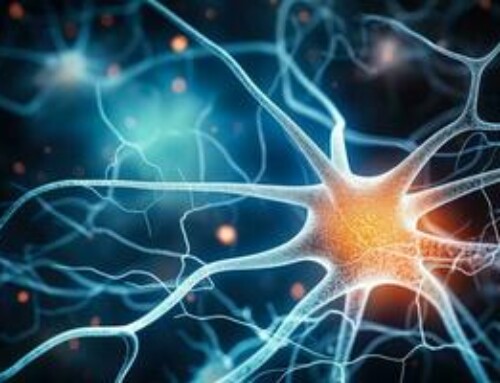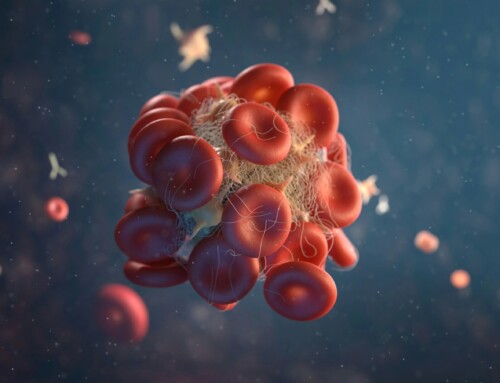How Do I Lose Weight?
 One of the most common questions I get from clients at DeSisto Strength Training is, “How Do I Lose Weight?”
One of the most common questions I get from clients at DeSisto Strength Training is, “How Do I Lose Weight?”
To answer them, it helps to define terms when discussing something that seems very common, but is actually specific and misleading when not clarified.
In the quest for a healthier lifestyle and an aesthetically pleasing physique, the terms “fat-loss” and “weight-loss” are often used interchangeably. However, it’s crucial to recognize the significant differences between the two and understand why prioritizing fat-loss over a generic reduction in body weight is essential for long-term well-being.
Weight-Loss vs. Fat-Loss
Below I explain the distinctions between fat-loss and weight-loss and delve into the top reasons why emphasizing fat-loss offers superior health benefits.
Firstly, weight-loss is a broad term that encompasses the reduction of overall body mass, including water weight, muscle, and fat. The problem to identify here is that traditional weight-loss methods like crash diets or excessive cardio can lead to a loss of muscle mass along with fat, resulting in a less desirable body composition.
On the other hand, achieving the term fat-loss specifically targets the reduction of adipose tissue, promoting a leaner body composition. Focusing on fat-loss ensures that the weight lost predominantly comes from stored fat, preserving precious muscle mass and promoting a toned physique.
So, now you can see the main difference in the two terms, one is focused on scale weight, the other on removing just fat from your system.
Many weight-loss strategies, such as extreme calorie restriction or fad diets, often lead to rapid initial weight loss. However, much of this is water weight, and the body may eventually enter a state of starvation, slowing down metabolism and making it harder to sustain that lost weight in the long run.
Fat-Loss for Longevity
Prioritizing fat-loss involves adopting sustainable lifestyle changes, such as a balanced diet and proper exercise, ensuring gradual and lasting results. By focusing on fat-loss, you are more likely to maintain a healthy weight over time, reducing the risk of yo-yo dieting and its associated health issues.
Losing weight, regardless of the source, can improve certain health markers like blood pressure and joint pain. However, if weight loss is not targeted but, instead, general, it may not address underlying issues such as visceral fat, the type of fat that accumulates around organs and poses a greater risk for chronic diseases.
Targeting fat-loss is particularly beneficial for reducing visceral fat, which is linked to a higher risk of heart disease, diabetes, and other metabolic disorders. By prioritizing fat-loss, you not only enhance your physical appearance but also significantly improve your overall health and well-being.
Enjoy A Metabolic Boost
Rapid weight-loss often leads to a decline in metabolic rate, as the body interprets the calorie deficit as a signal to conserve energy. This metabolic slowdown can make it challenging to sustain weight loss and may result in regaining lost weight.
Focusing on fat-loss through a combination of strength training and a well-balanced diet helps preserve muscle mass and can even boost metabolism. Unlike crash diets, which can cause muscle loss and a subsequent decrease in metabolic rate, fat-loss strategies prioritize preserving and building lean muscle mass. This is critical to understand and will make maintaining your new body shape and size so much easier over time.
Weight-Loss and Body Image
Emphasizing fat-loss encourages you to focus on building a strong, healthy body rather than fixating on the scale. As you witness positive changes in body composition, you can expect self-esteem and body confidence to improve, promoting a more sustainable and positive relationship with your body. In the pursuit of a healthier and more fulfilling lifestyle, it’s crucial to distinguish between fat-loss and weight-loss. While weight-loss may provide temporary relief, the long-term benefits of prioritizing fat-loss are undeniable.
By understanding the nuances between the two and adopting an holistic approach that emphasizes sustainable habits, you can achieve not only a leaner physique but also improved overall health and well-being. As I remind my clients so often, it’s not just about losing weight; it’s about losing the right kind of weight for lasting results.





